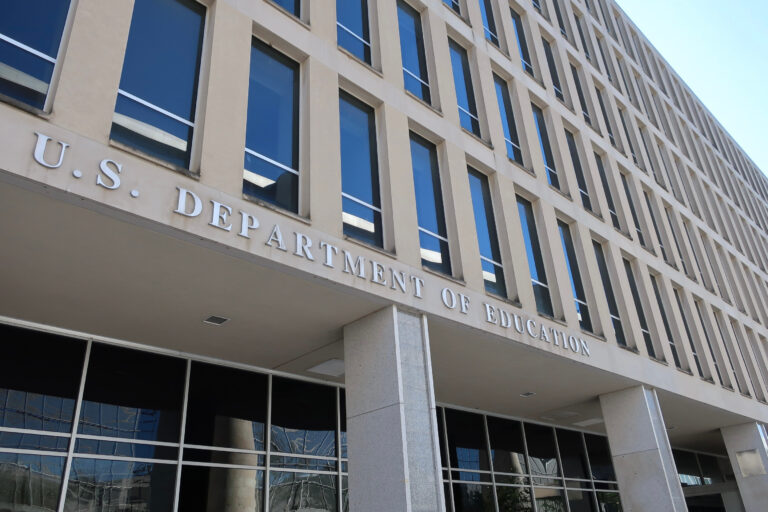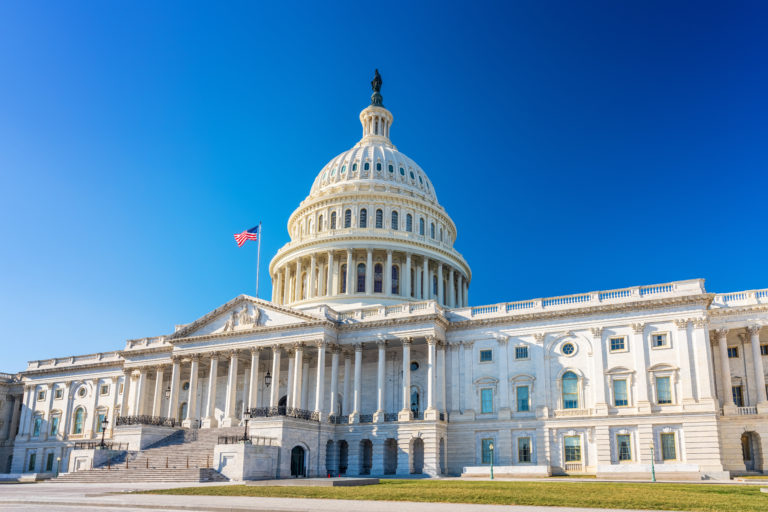In a turbulent political environment, large surveys do a bad job of differentiating signal from noise. The aim of Education Insider is to curate relatively small lists of people who are in the know and report on their perspectives rather than the “wisdom” of the crowd.
In December 2020, for example, Insiders correctly predicted that the Biden administration would take action on borrower defense to repayment and student loan forgiveness within the first six months, and Gainful Employment within the first year.
We always ensure confidentiality. Insiders respond to our surveys because they care about transparency and the flow of information within our field. Policymakers also often work in silos, so our reporting can be helpful to them as well. We take a similar approach to research conducted on behalf of W/A clients.




